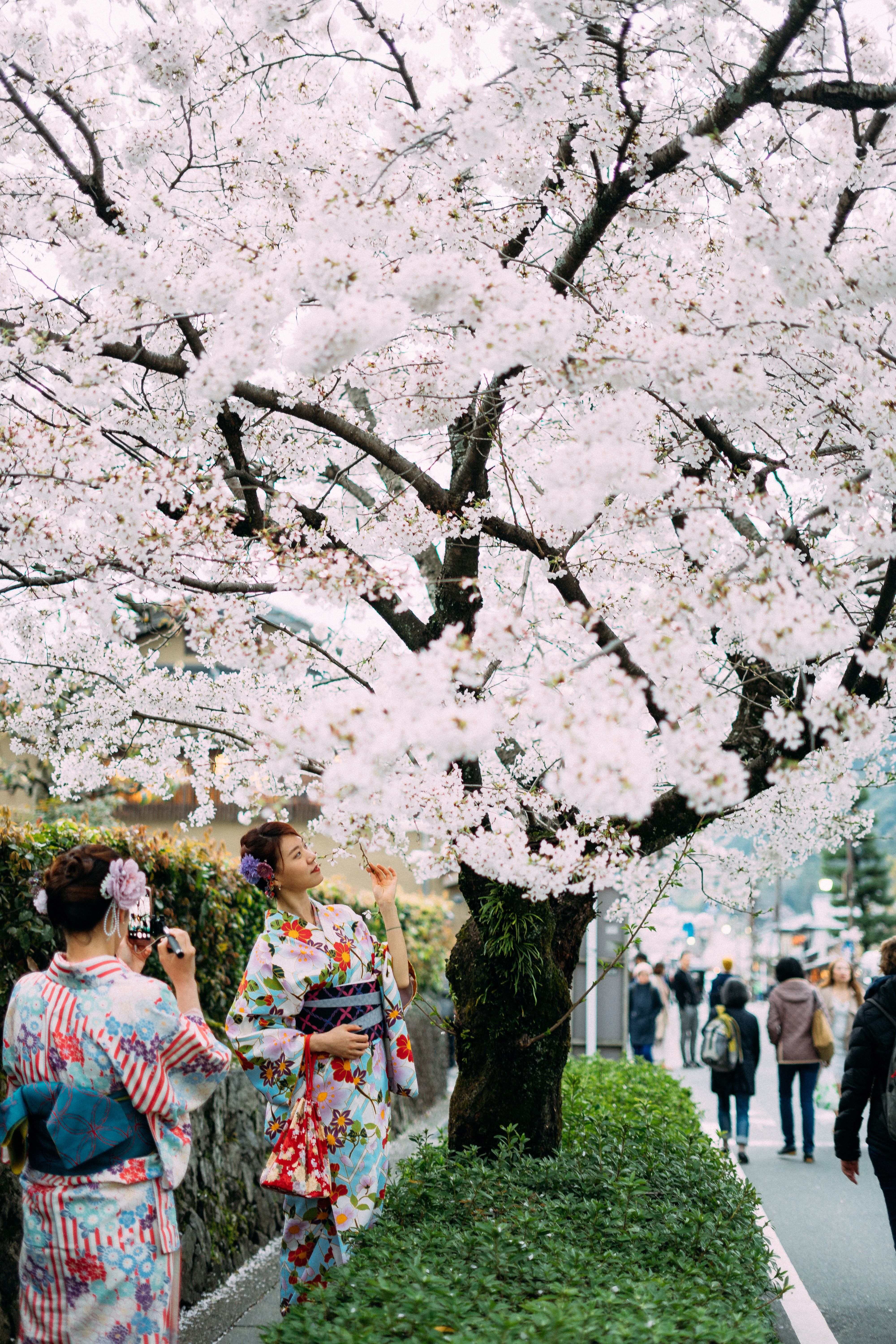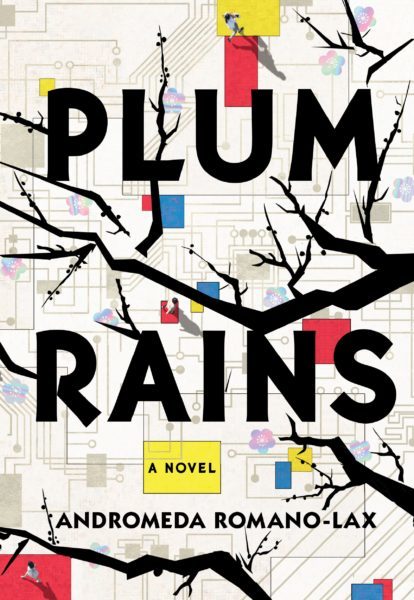
Andromeda Romano-Lax’s most recent novel, Plum Rains, published earlier this summer and is in stores everywhere now.
The novel is an exhilarating tapestry of science fiction and historical fiction, set in Japan and Taiwan across a century of empire, conquest, progress, and destruction. It chronicles a hundred-year saga of forbidden love, hidden identities, and the horrific legacy of WWII and Japanese colonialism – all while observing how artificial intelligence might play a role in the care we come to offer to senior citizens.
We asked Romano-Lax to discuss the book’s themes and ideas and how she went about setting them down on the page.
Enjoy!
What’s your new book about?
On its surface, Plum Rains is a near-future novel about a Filipina nurse who is anxious about being replaced by a new kind of robot, and that nurse’s client, a Japanese woman, whose surprising past the emotionally intelligent robot ends up uncovering. Deep down, it’s about the choices we’re all making today, as the Internet of Things changes our habits, as we fall prey to technological manipulation or actively seek friendship and consolation from social media and artificial intelligence. On top of that, the novel is about aging and immigration, women’s friendships, strength and vulnerability, and the complexity of cultural identity.
What attracted you to the idea/concept of the book?
I grew up reading I, Robot by Asimov under the covers. About ten years ago, when I heard about a proposed South Korean law aimed at protecting robots, I started dreaming up a novel about a robot who becomes a friend or lover to his elderly client, and the scandal that provokes. The other elements—the history of Japanese colonialism, indigenous culture in Taiwan, immigration and labor issues—came later.
What kind of research was required?
Lots! Research is the best part. Most of the book had to wait until I had a key setting picked out, an opportunity that came along in 2014 when my husband, daughter and I all moved to a small, mostly indigenous village in the mountains of Taiwan. I’d always known that half of the book would take place in Japan and half elsewhere, but I didn’t know what that other place would be until I stumbled onto it. Serendipity has always played a hand in my novels. In this case, we ended up living in a primary school that was founded by the Japanese—exactly the kind of colonial connection that allowed my various plotlines to fall into place. From Taiwan, I also made research trips to Japan and the Philippines. Aside from travel, I also researched various AI, demographics, environmental and historical issues.
Which books or authors influenced you while writing this book?
Love and Sex with Robots by David Levy, a 2007 nonfiction book about human-robot relationships, sat on my shelf during the first years of slow plotline incubation, reminding me that this issue of humans turning to AI for love and friendship is not sci-fi. It’s a completely contemporary issue that we should all talk about. To what extent are we finding technological substitutes for human intimacy?
Did anything not make it into the book that readers might find surprising or interesting?
While constructing the backstory for Angelica, my Filipina nurse, I read a lot about the agonizing plights of immigrants worldwide. Of course, you asked about surprises, and this isn’t surprising at all. Like many people, I’ve been deeply disturbed about the predicaments of immigrants in the United States, and for a long time I wanted to write about that, but I couldn’t find a new angle that would shock readers into fresh recognition. My own habit as novelist is to come at these issues from a slant, to invent a story in a different place or time that can also be used as a lens to consider what’s going on here and now. A person who might not pick up a novel about the life of a Mexican worker in the U.S. or a Filipina in today’s Dubai might pick up a hybrid sci-fi/historical novel about a Filipina in Tokyo in 2029 with lush, rural scenes set in the bamboo forests of 1930s Taiwan.
When readers finish the book, what do you hope they will think and feel?
First, curiosity on many levels: about people’s hidden stories, about colonialism and indigenous culture, and about how quickly AI is really developing and what that will mean, sociologically. Second, determination: to reflect on one’s own values, intimacy needs, aging concerns and technological choices. I want readers to have questions, not necessarily easy answers. I wrote the novel, and I still have questions—lots of them.
***
“Plum Rains is a blistering social commentary of what the not-so-distant future of the world’s fastest-aging society will look like — told with quiet contemplation and a lot of heart.” –The Straits Times

Buy from IndieBound | Buy from Barnes & Noble | Buy from Amazon | Buy from Soho Press